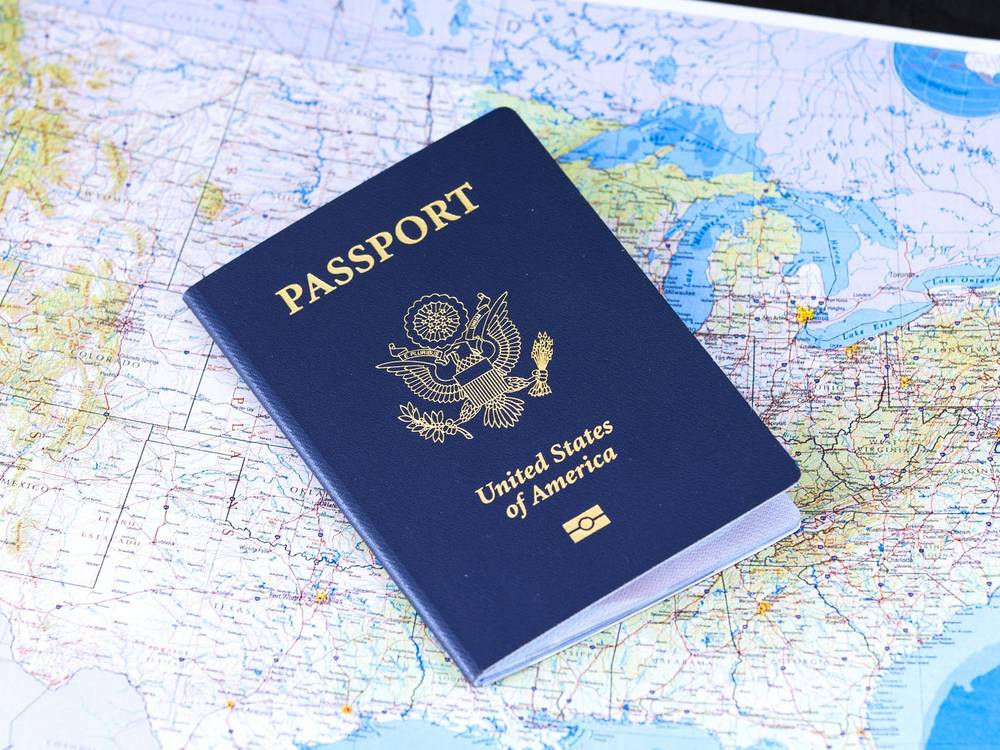A Slovenian citizen was not able to obtain a visa for the entry of his spouse from the Kingdom of Morocco to Slovenia, through the Slovenian embassy in Cairo, which is responsible for Moroccan citizens. She cannot report there in person, since to enter Egypt she would first have to obtain an Egyptian visa, which is not possible due to the non-operation of the Egyptian consulate in Morocco. In this regard, the complainant has already contacted the Ministry of Foreign Affairs, which in its response only explained in general terms that the Slovenian embassy in Cairo is responsible for obtaining a Slovenian visa, but did not respond to his statements that his spouse does not have access to it. After examining the matter, the Ombudsman assessed that the conduct of the Ministry of Foreign and European Affairs (MZZ) was not consistent with the principle of good governance and gave his opinion on how the ministry and diplomatic missions and consulates should act correctly in such cases in the future. The ministry forwarded the Ombudsman's opinion received to all representative offices of Slovenia abroad for their information.
* * *
From the correspondence received between the complainant and the MZZ, it appears that the ministry did not adequately respond to the complainant's claims about the impossibility of obtaining an Egyptian visa. The bodies are responsible for ensuring that all prescribed official procedures are actually in effect, i.e. so that the parties can reach a decision about their right, obligation or legal benefit through them. This applies especially when the decision in the procedure depends on the realisation of fundamental human rights (in the specific case, the right to family life).
According to the Ombudsman, the MZZ should, when faced with the complainant's statement that (the Egyptian consulate in Morocco not functioning) his spouse cannot exercise her rights in the prescribed procedure for objective reasons, verify the accuracy of its claims. If the complainant's claims did not turn out to be accurate (and Moroccan citizens are not seriously hindered in accessing the Slovenian embassy in Cairo), it should inform the complainant of this finding. In this case, according to the principle of good management and the duty of explanation from Article 7 of the General Administrative Procedure Act (ZUP), it would be advisable to share with the complainant any information that would facilitate his spouse's access to the Slovenian embassy in Cairo.
Otherwise – if it turned out that Moroccan citizens are actually prevented from obtaining an Egyptian visa and consequently access to the Slovenian embassy in Cairo – the addressed body should examine the possibilities of how to enable the complainant's spouse to access the procedure for obtaining a Slovenian visa by adjusting the procedure or in another way. This is especially true due to the severe consequences for the complainant and his spouse due to the fact that they were prevented from reuniting.
From the extensive practice of both the European Court of Human Rights[1] and Slovenian courts[2] it follows that it is due to the importance of the right to family life in certain cases priority must be given to family reunification even over procedural and material requirements for regulating residence – i.e. even when the client, for reasons on their side (e.g. because they did not enter the country in the prescribed manner or because they do not meet the conditions of impunity), would otherwise not be entitled to reside in the country. In this case, however, it was not even such a case, since the complainant had no influence on the alleged procedural obstacles in obtaining a visa, but rather they originated from completely objective circumstances, and therefore the responsibility of the authorities to take into account aspects of the right to family life was all the more obvious.
In situations like the one discussed, it is also necessary to observe the principle of legal security or confidence in the law (as a sub-principle of the rule of law from Article 2 of the Constitution of the Republic of Slovenia). Legal security requires that laws and other general acts are public and their content is such that we can predict from them at least with relative certainty what the law imposes and allows us and what is not, and in addition, these legal acts must also provide appropriate legal means and entities (e.g. state authorities), which enable these acts to be truly (i.e. reliably) implemented in social relations.[3] The complainant rightly believed that his wife would be able to obtain a Slovenian visa upon fulfilling the conditions set out in the Foreigners Act (ZTuj-2) and regulated his actions and expectations accordingly. If people correctly rely on legal regulations of the country, and then it turns out that despite fulfilling all the legal conditions the expected goal cannot be achieved in the prescribed procedure, this violates the principle of trust in the law. The state is responsible to ensure that all prescribed official procedures are actually in effect, i.e. so that the parties can reach a decision about their right, obligation or legal benefit through them. This also logically applies to ensuring the physical accessibility of an authority, where the client must report in person during the procedure. This is an additional reason why the MZZ should respond to the complainant's statements that his spouse does not have access to the body designated as competent to carry out the procedure.
It was only in the response to the Ombudsman that the MZZ took a stand for the first time regarding the complainant's claims about the inaccessibility of the Embassy of the Republic of Slovenia in Cairo for citizens of Morocco and stated that this is clearly not true, as eight visa applications from Moroccan citizens were processed in 2021 and two in the first three months of 2022. It further explained that, according to the current practice, the clients should be allowed to carry out the procedure at another diplomatic mission or consulate, when there is a possibility of violating any of the human rights due to the inaccessibility of the mission.
At the conclusion of the case, the Ombudsman suggested to the MZZ that it should inform the representations of Slovenia abroad about the positions presented above, as the parties can also address directly to them statements about hindered access to the procedure due to the impossibility of obtaining a visa or for other reasons. The MZZ followed the Ombudsman's proposal and sent all representations (diplomatic missions and consulates) of Slovenia the entire correspondence between the Ministry and the Ombudsman.
In addition to the problems described above, the Ombudsman also noticed when examining the case that the information on the websites of the Government of the Republic of Slovenia for citizens of various third countries can be misleading, as it was not clear from them that different procedures are prescribed for obtaining a visa for short-term and long-term stay and different authorities may be responsible for them. The MZZ’s attention was drawn to the above, which then arranged for the websites to be corrected accordingly. 7.2-19/2021
[1] See: Council of Europe, Guide on Article 8 of the European Convention on Human Rights, updated 31/08/2021, p. 93–94: www.echr.coe.int/documents/guide_art_8_eng.pdf.
[2] For example judgement IU 915/2013 of 11/12/2012, judgement IU 343/2013 of 18/12/2013, judgment IU 1412/2013 of 15/04/2014, judgement IU 151/2016 of 02/02/2018, and judgement III U 258/2018 of 25/10/2019.
[3] Cerar, M., Zaupanje v pravo, IUS-INFO: legal information portal, 04 October 2006.

